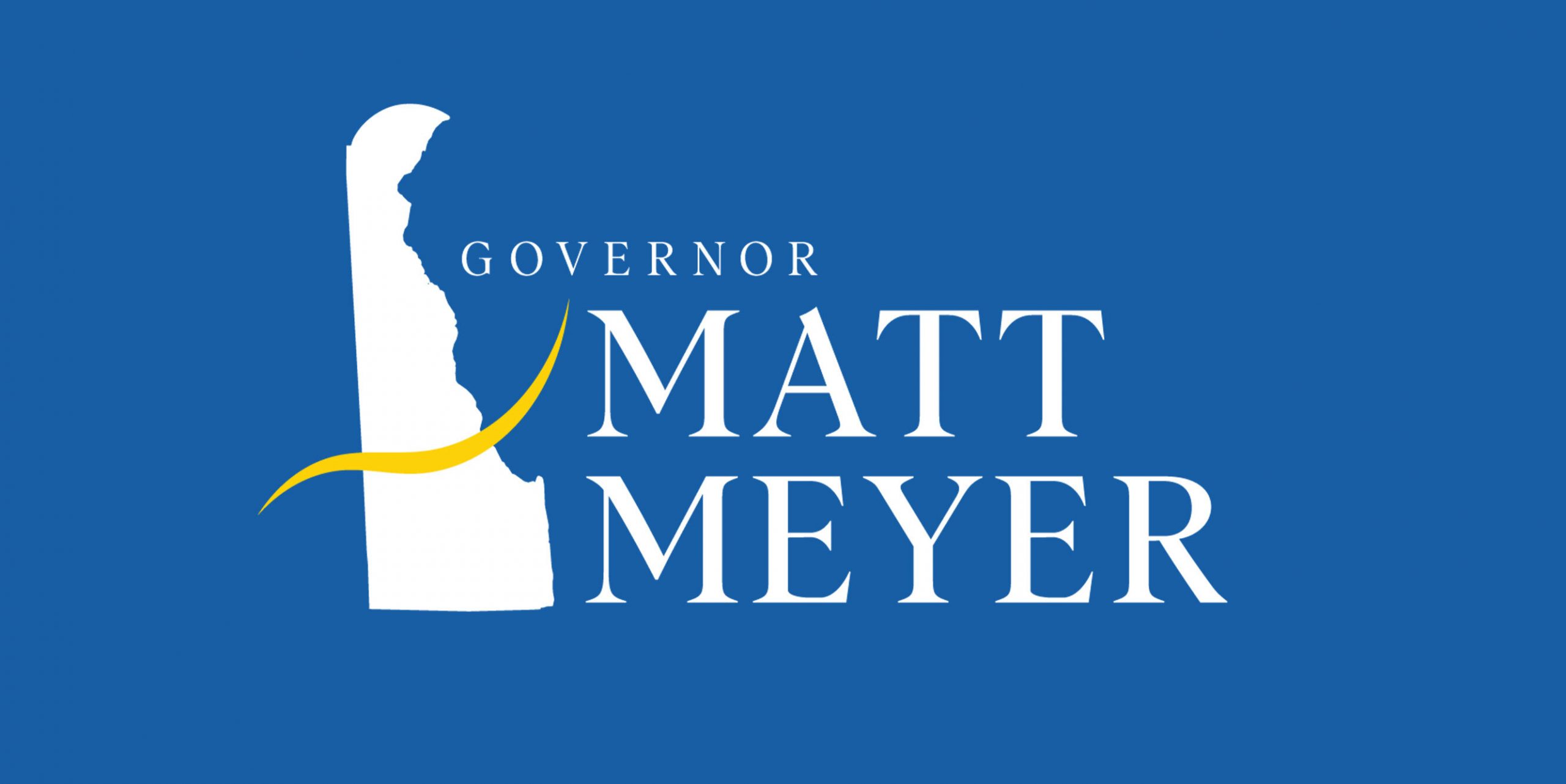Health Crisis Looms: Delaware Braces for Massive Federal Funding Cuts

Delaware Takes a Stand: Defending Critical Public Health Funding
In a bold move to protect vital healthcare resources, Delaware has joined forces with 22 other states and the District of Columbia in a landmark lawsuit aimed at preserving $38 million in crucial Congressional funding. The lawsuit seeks to safeguard critical grants that support essential public health, behavioral health, and substance abuse services across the state.
The impacted grants cover critical areas including vaccine distribution and mental health support, which are fundamental to the well-being of Delaware's residents. By taking legal action, state officials are sending a clear message about the importance of maintaining committed federal funding for healthcare infrastructure.
The Delaware Department of Health and Social Services (DHSS) stands at the center of this fight, working to ensure that these vital resources remain available to support community health initiatives. This collaborative effort highlights the state's commitment to protecting healthcare access and maintaining critical support systems for its citizens.
As the legal battle unfolds, Delaware demonstrates its dedication to preserving public health funding and ensuring that residents continue to receive the essential services they depend on.
